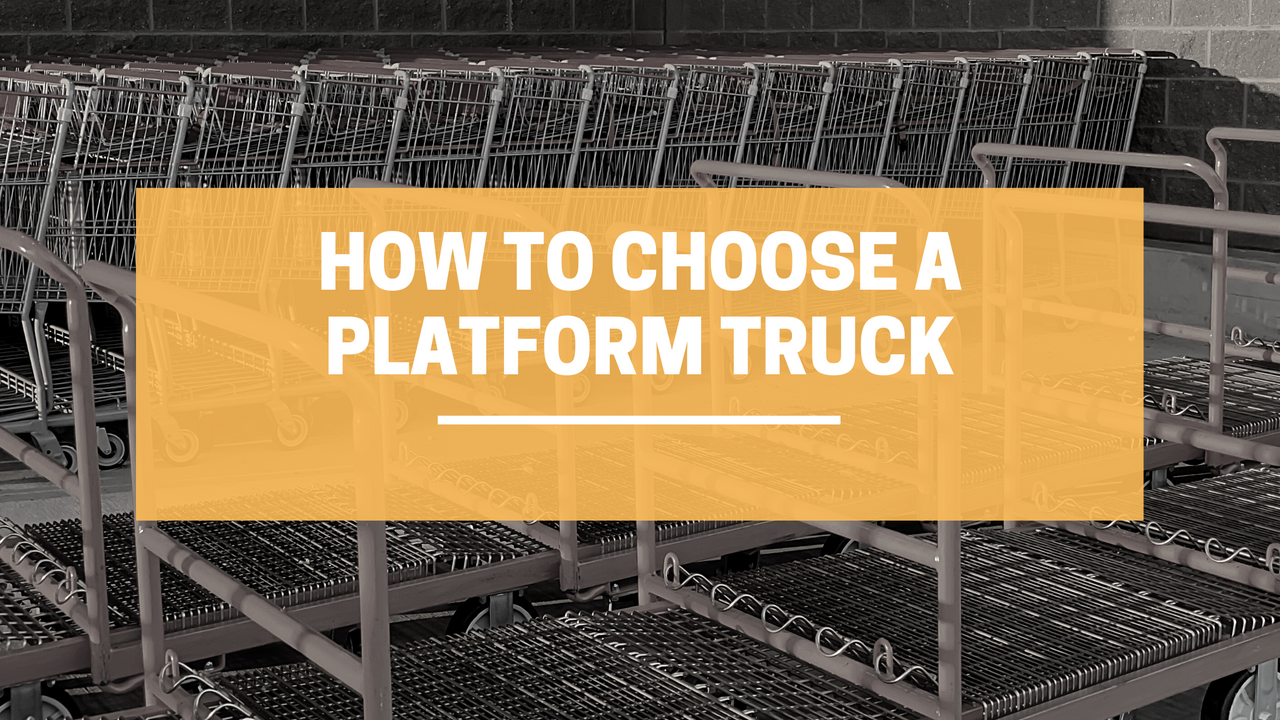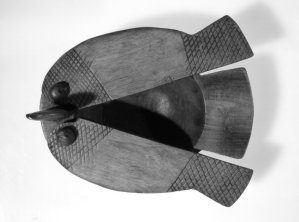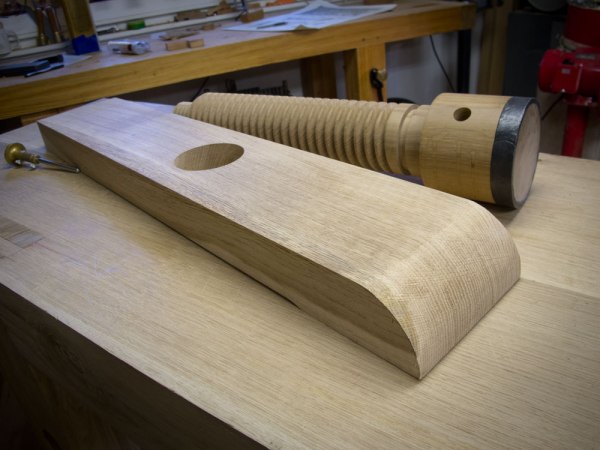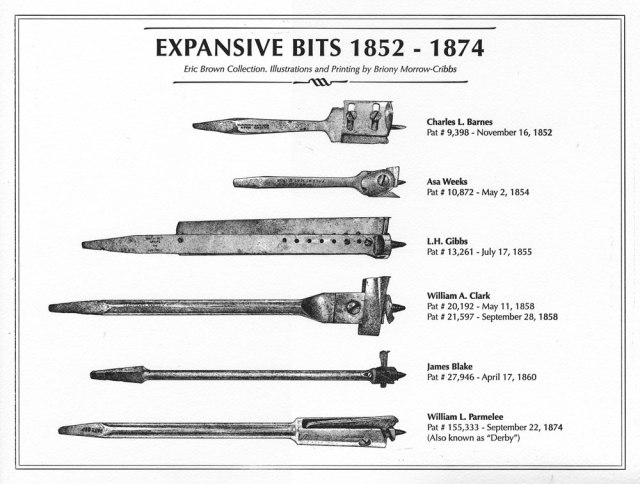How To Choose a Platform Truck? | LINCO
Cart
0
Your Cart
Your cart is empty

LINCO CASTERS & INDUSTRIAL SUPPLY
$(“.nav-menu-item.menu-dropdown”).click(function(){
$(“.navbar-toggle”).addClass(“intro”);
});
var size = 991;
if(window.screen.width > size) {
window.onload = function(){
$(document).ready(function() {
jQuery(“.shop-btn”).click(function(){
jQuery(“.navbar-toggle”).toggle();
});
});
}
}

Platform trucks, also called platform carts, are wheeled trolleys with a flat surface to place goods. They are used to move heavy or bulky items from one location to another. Platform trucks
are commonly used in manufacturing, warehouses, distribution, hospitality, and
supplier businesses.
There are different types of platform
carts available in the market, and choosing the right one is essential for the
smooth functioning of your business. This article will discuss the different
types of platform carts and hopefully help you should choose which one is best for you.
Different Types of Platform Trucks
When it comes to industrial platform
trucks, several different types serve various purposes. Different businesses
will have different needs, so it’s essential to choose the right type of platform
truck for your business. Yet, with so many kinds on the market, it can be tough
to decide which one is right for you.
Plastic Platform Hand Truck
A plastic platform hand truck is a
lightweight and durable option. It’s made from high-density polypropylene,
making it resistant to corrosion, impact, and chemicals. This type of platform
truck is ideal for businesses that transport goods over short distances.
Another advantage of this platform
truck is that it’s easy to clean. This is important for businesses that
transport food or other items that need to be kept clean.
Smooth Surface Platform Trucks
Smooth surface
platform
trucks
have a flat, smooth surface ideal for transporting goods
sensitive to scratches or dents. These industrial platform trucks are commonly
used in businesses that electronic transport equipment, glassware, or other
fragile items.
This is a preferred choice if you are
sliding heavy equipment or boxes on and off the platform truck frequently, as
there is less friction than with other types of
platform
trucks
.
Treaded Plate Carts
Treaded plate carts are
platform
trucks
with raised, diamond-shaped treads on a steel deck. These
treads provide traction and prevent goods from sliding around during transport.
This type of platform truck is ideal for businesses that transport heavy or
bulky items regularly.
Perforated Deck Carts
Perforated deck carts are similar to
treaded plate carts, but with one key difference: the steel deck is perforated
with holes. Perforated decks offer better traction and are less likely to slip,
making them ideal for carrying heavy loads up and down stairs or over uneven
surfaces. They are also easier to clean than treaded plate carts since the
holes allow water and debris to fall through.
Choosing the Right Type of Platform Truck
Now that you know the different types
of
platform
trucks
available, how do you choose the right one for your business?
Here are a few factors to consider:
Type of Goods You Transport
The first step is to consider the type
of goods you’ll be transporting. If you transport fragile items, you’ll want to
choose a smooth surface platform truck. A treaded plate or perforated deck cart
will be better if you transport heavy or bulky items.
Distances You Transport Goods
The distance you transport goods is
also an essential factor to consider. A plastic platform hand truck would be a
good option if you only transport goods over short distances. A steel platform
truck will be better if you transport them over long distances.
Terrain You Transport Goods Over
The terrain you transport goods over
is another critical factor to consider. A treaded plate or perforated deck cart
will be better if you transport goods over rough terrain. A smooth surface platform
truck would be sufficient if you transport them over smooth surfaces.
LINCO, Your Reliable Platform Trucks
No matter what type of business you
have or what goods you transport, LINCO platform carts can meet your needs. We
offer a variety of platform trucks to choose from, so you can find the perfect
one for your business. Contact us today to learn more or browse our selection
of
platform
trucks
.
When choosing a platform truck for
your business, there are various factors to consider. First, you’ll need to
decide what type of platform truck best suits your needs – whether a smooth
surface platform truck, treaded plate cart, or perforated deck cart. Next,
you’ll need to consider how often you’ll be using the platform truck and the distance
you’ll be transporting goods. Additionally, the size and weight of your
transport goods will play a role in your decision. Finally, you’ll need to
consider the terrain you’ll be transporting goods over. You can choose the best
platform truck for your business needs by considering these factors.
var postDate = ’26th May 2022′;
postDate = postDate.split(‘ ‘);
postDate = postDate[0].replace(/\D/g, ”);
postDate = new Date(postDate);
try {
postDate = postDate.toISOString();
}
catch(error) {
postDate = ’26th May 2022’;
}
var schema = document.createElement(‘script’);
schema.type = ‘application/ld+json’;
schema.text = JSON.stringify({
“@context”: “http://schema.org”,
“@type”: “BlogPosting”,
“mainEntityOfPage”: {
“@type”: “WebPage”,
“@id”: “https://www.shoplinco.com/blog/how-to-choose-a-platform-truck-linco/”
},
“headline”: “How To Choose a Platform Truck? | LINCO”,
“image”: {
“@type”: “ImageObject”,
“url”: “https://cdn11.bigcommerce.com/s-9a8d8/images/stencil/original/uploaded_images/https://angleruler.top/wp-content/uploads/2023/12/20231207083432-6571839867137.png?t=1653584228”,
“height”: 800,
“width”: 800
},
“datePublished”: postDate,
“dateModified”: postDate,
“author”: {
“@type”: “Person”,
“name”: “”
},
“publisher”: {
“@type”: “Organization”,
“name”: “LINCO CASTERS & INDUSTRIAL SUPPLY”,
“logo”: {
“@type”: “ImageObject”,
“url”: “ezgif.com-gif-maker-removebg-preview_1670933512__14246.original.png”,
“width”: 600,
“height”: 60
}
},
“description”: “How To Choose a Platform Truck? | LINCO”
});
document.querySelector(‘body’).appendChild(schema);
var script = document.getElementById(‘schema-blog’)
script.parentElement.removeChild(script);
- Privacy Policy.
adroll_adv_id = “QAXSBDGTBJABHA5RMFHVJR”; adroll_pix_id = “4ZS2ZNXATJG7RLLQFGCBZG”; (function () { var onload = function(){ if (document.readyState && !/loaded|complete/.test(document.readyState)){setTimeout(_onload, 10);return} if (!window.__adroll_loaded){__adroll_loaded=true;setTimeout(_onload, 50);return} var scr = document.createElement(“script”); var host = ((“https:” == document.location.protocol) ? “https://s.adroll.com” : “http://a.adroll.com”); scr.setAttribute(‘async’, ‘true’); scr.type = “text/javascript”; scr.src = host + “/j/roundtrip.js”; ((document.getElementsByTagName(‘head’) || [null])[0] || document.getElementsByTagName(‘script’)[0].parentNode).appendChild(scr); }; if (window.addEventListener) {window.addEventListener(‘load’, onload, false);} else {window.attachEvent(‘onload’, _onload)} }());
;(function(o,l,a,r,k,y){if(o.olark)return; r=”script”;y=l.createElement(r);r=l.getElementsByTagName(r)[0]; y.async=1;y.src=”//”+a;r.parentNode.insertBefore(y,r); y=o.olark=function(){k.s.push(arguments);k.t.push(+new Date)}; y.extend=function(i,j){y(“extend”,i,j)}; y.identify=function(i){y(“identify”,k.i=i)}; y.configure=function(i,j){y(“configure”,i,j);k.c[i]=j}; k=y._={s:[],t:[+new Date],c:{},l:a}; })(window,document,”static.olark.com/jsclient/loader.js”);
/* custom configuration goes here (www.olark.com/documentation) */
olark.identify(‘3303-413-10-1943’);



